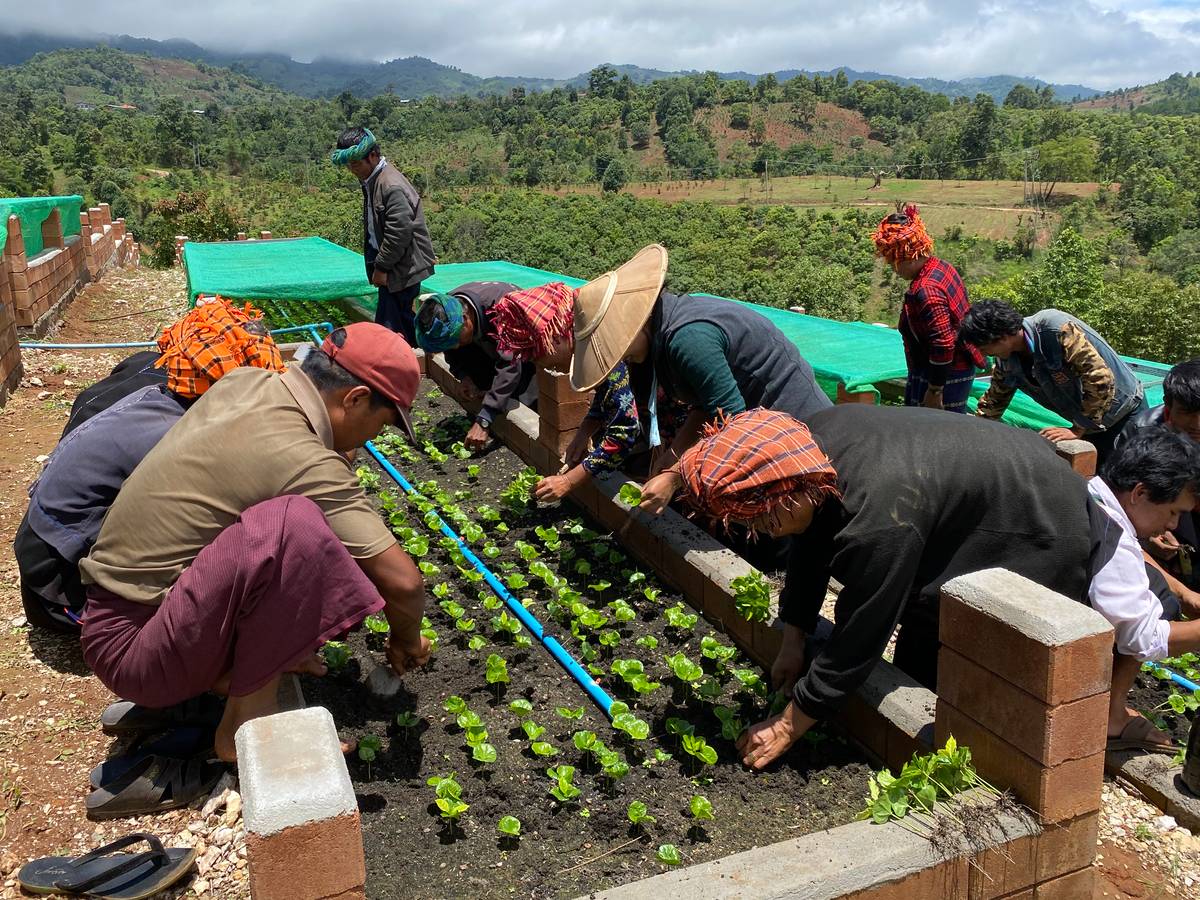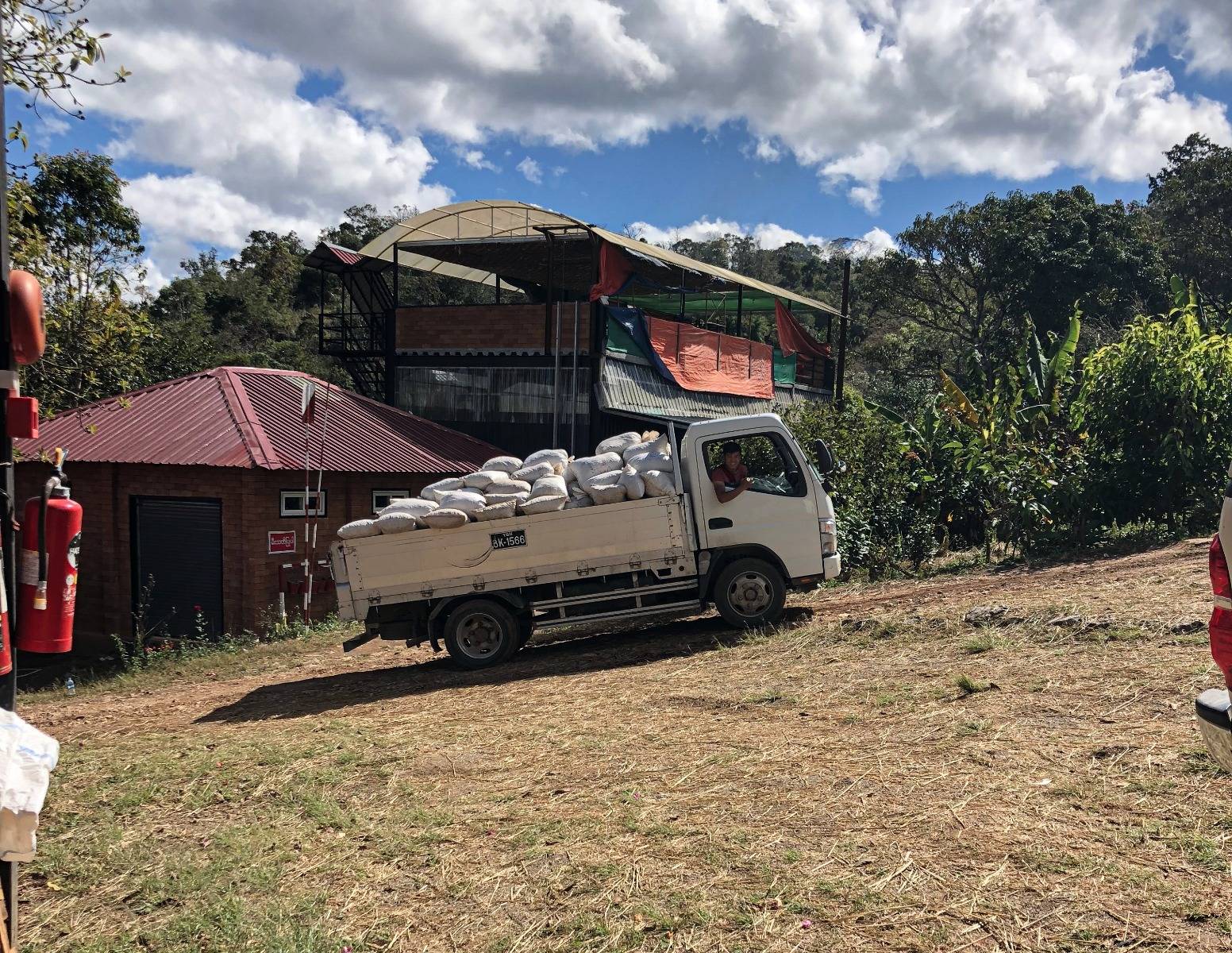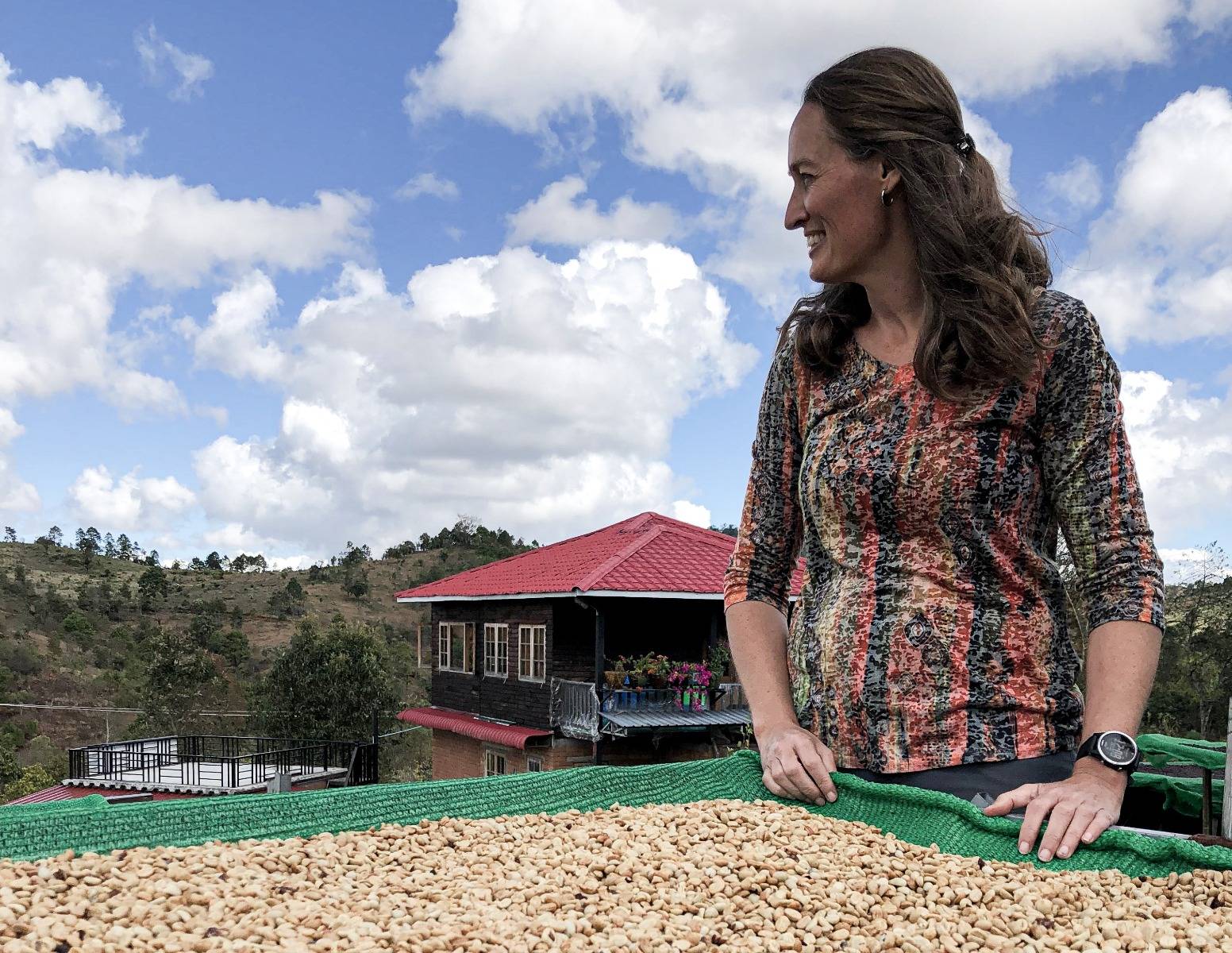
21 Oct 2021
About Myanmar
Myanmar is the largest country in mainland Southeast Asia, nestled in between Bangladesh & Thailand. Previously known as Burma, Myanmar has been civilised for at least 15,000 years. Since the discovery of Bronze age artifacts in Nyaunggan, the Samon Valley was settled by agriculturalists who started farming rice, raising livestock and using bronze implements as early as 500BC. Under British colonial rule, Burma was the richest country in Southeast Asia, awash in rubies, oil, and valuable timber. Sadly, after decades of mismanagement by post-independence dictators, Myanmar has become one of the poorest nations in the world.
The British brought coffee to Myanmar in the 1800s but saw limited success. The coffee industry survived until the junta took power in 1962, where the bulk of the coffee grown here during that time (mostly in Kachin, Mandalay, and Shan State – with smaller growing areas in Rakhine, Bago, and Mon) made its way across the borders of China, Laos and Thailand via “unofficial” transactions.

Discovery
Lilypad is the parent company of Behind the Leaf Coffee, and was established in 2006 to empower communities with innovative agricultural and processing techniques, appropriate rural technologies, and linkages to value chains and markets. Lilypad has developed and produced rural technologies like ceramic water filters and interlocking compressed earth blocks. Lilypad seeks to provide sustainable solutions for rural communities to promote the physical, social, and economic well-being of these villages and communities while respecting their culture and traditions.
One treasured day, Melanie Edwards was invited into a remote region in Pinlaung, with her co-workers from Lilypad:
“As we sipped bitter tea by a crackling fire, we listened and were captivated by stories of coffee once being smuggled out of these valleys in an era when trade was restricted. I was distraught to hear how in recent times many farmers cut down their coffee trees because the market prices were so low. There, in that maze of stories, we hatched a question, what if? What if, in this valley hidden from Westerners for so long, there was a hidden treasure? What if, in this valley aching for hope, an answer was already present?”
As she was looking for that answer, she found specialty coffee. Her team of accidental entrepreneurs partnered with the Pa-O coffee farmers of Myanmar to resurrect their coffee farms, harvest at peak times and meticulously process the coffee. In 2015, Lilypad had the opportunity to engage in a new project with coffee product in the Pinlaung Township of Southern Shan State. This partnership produced something that we're proud of; an endeavour to provide a sustainable and honourable income for families who’ve been hidden much like their coffee; and Behind the Leaf Coffee was born.

About Behind The Leaf Coffee
Behind The Leaf is not an estate farm, but a small, demonstration plot incorporating natural farming techniques. 99% of the coffee they process is grown and harvested by Pa-O families across Southern Shan State. They buy fresh coffee fruit from villages and then processes that coffee for export to the international specialty coffee market. The price farmers receive for ripe, mature, hand-picked fruit has more than doubled with this linkage to an international market. In their first coffee season 2016, they produced two tons of specialty coffee. They've trained and employed 50 women from the neighbouring village for 5 months every year to help with processing and hand sorting.
“Six years later, in 2021, Behind The Leaf produced and exported 37 tons of specialty coffee. Their coffee has been exported to ten different countries. But that's not what we are most proud of. This past year, Behind the Leaf, was able to partner with and buy coffee from 1091 small-holder farmers in 54 villages.”
Melanie's amazing work has helped the coffee-growing villages of the Pao Tribe to resurrect their farms, as well as inspiring those small-scale producers to sustainable and environmentally responsible growth. Melanie’s sustainable Coffee Relationship Model has been helping those farmers to produce top quality coffee with traditional Myanmar varieties (Catuai, Typica, S795 and some SL34). By buying coffee cherries at a high price (1000 kyat per 3-6 pounds, which is x6 price for cherry compared to green prices sold to market), Melanie has helped the neighbouring coffee-growing families and has pushed the communities to commit to the highest quality standards possible, while focusing on innovative practices that protect the ecosystem.
